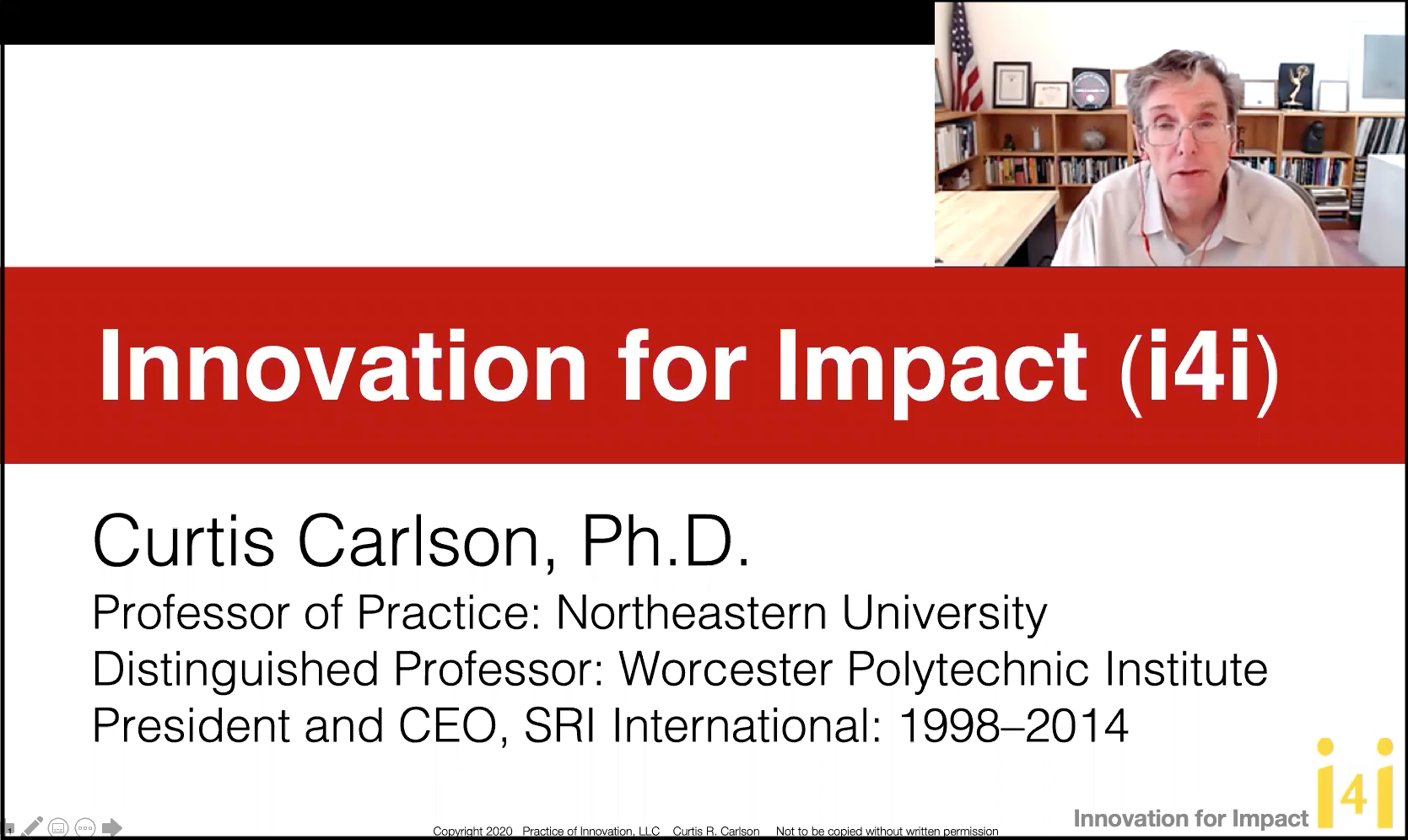The Girls Middle School Program that Develops Graduates with Valuable Life Skills
A crowd had assembled at Google’s auditorium to see one of Silicon Valley’s yearly highlights. It was Entrepreneurial Night. Forty young women from the Girls Middle School (GMS) had assembled in teams of three to five to pitch their new companies to a panel of Silicon Valley venture capitalists. As the girls presented their value propositions, some of the standing-room-only crowd was moved to tears by the girls’ earnest and surprisingly impressive presentations. (more…)




